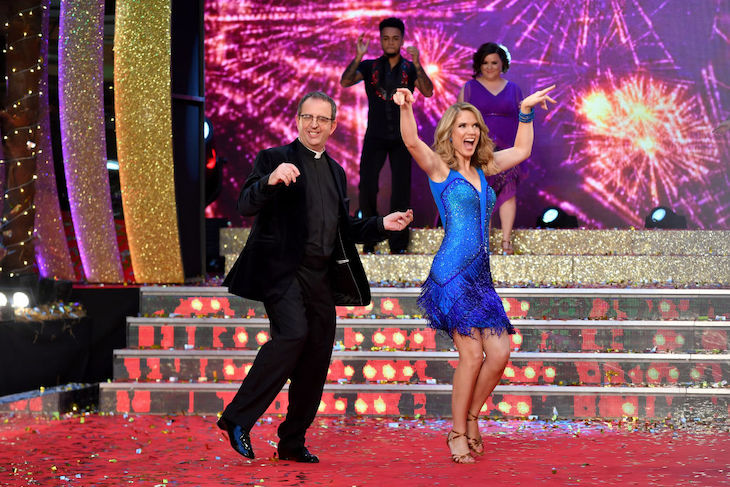It’s generally my morning habit to leap out of bed at 5am singing the Queen song ‘Don’t Stop Me Now’, but on those rare mornings when I sleep in, nothing can be guaranteed to finally get me moving at 5.43am as surely as Radio 4’s Prayer For The Day. One of two things will happen; usually, some wet-wipe in a dog-collar will come out with a mouthful of woke platitudes and I’ll be so cross that I can’t keep still a moment longer.
Already a subscriber? Log in
Subscribe for just $2 a week
Try a month of The Spectator Australia absolutely free and without commitment. Not only that but – if you choose to continue – you’ll pay just $2 a week for your first year.
- Unlimited access to spectator.com.au and app
- The weekly edition on the Spectator Australia app
- Spectator podcasts and newsletters
- Full access to spectator.co.uk
Or





















Comments
Don't miss out
Join the conversation with other Spectator Australia readers. Subscribe to leave a comment.
SUBSCRIBEAlready a subscriber? Log in